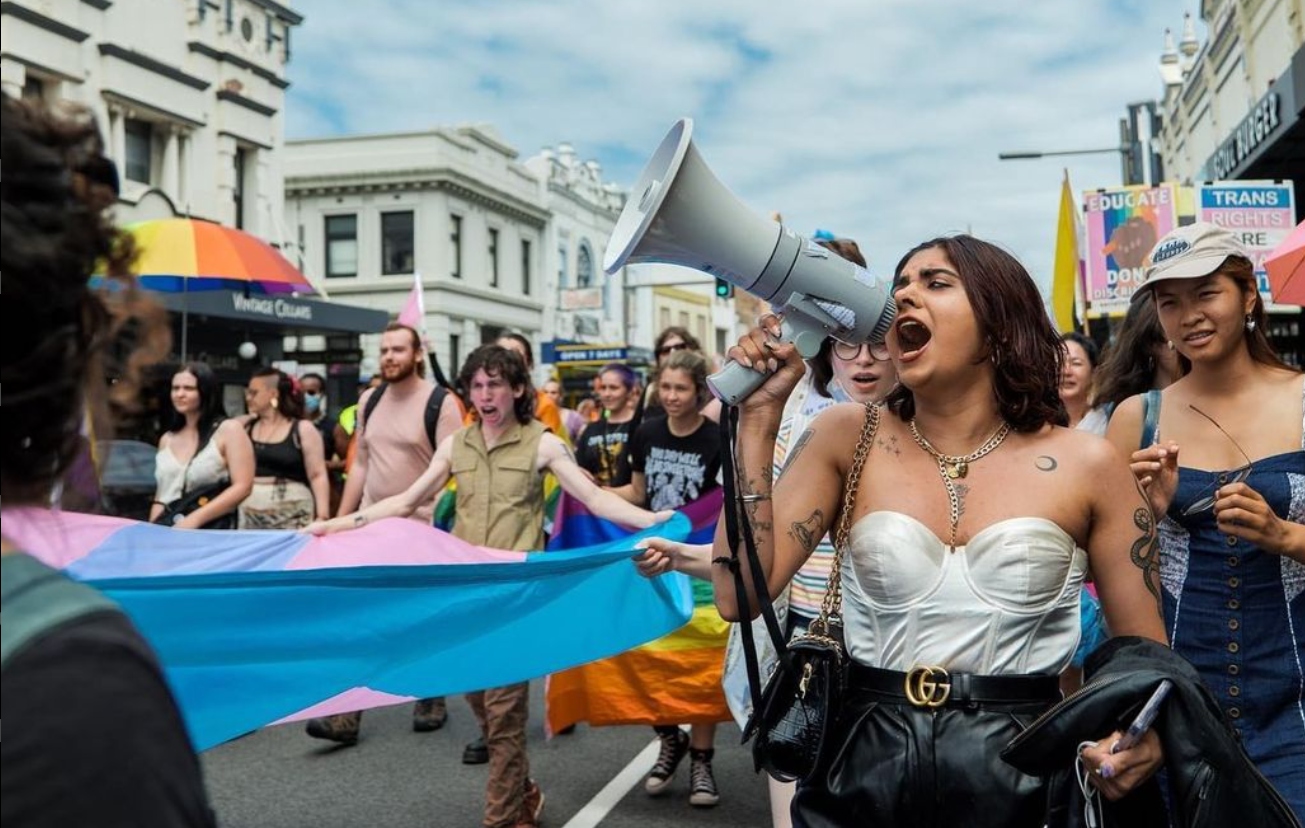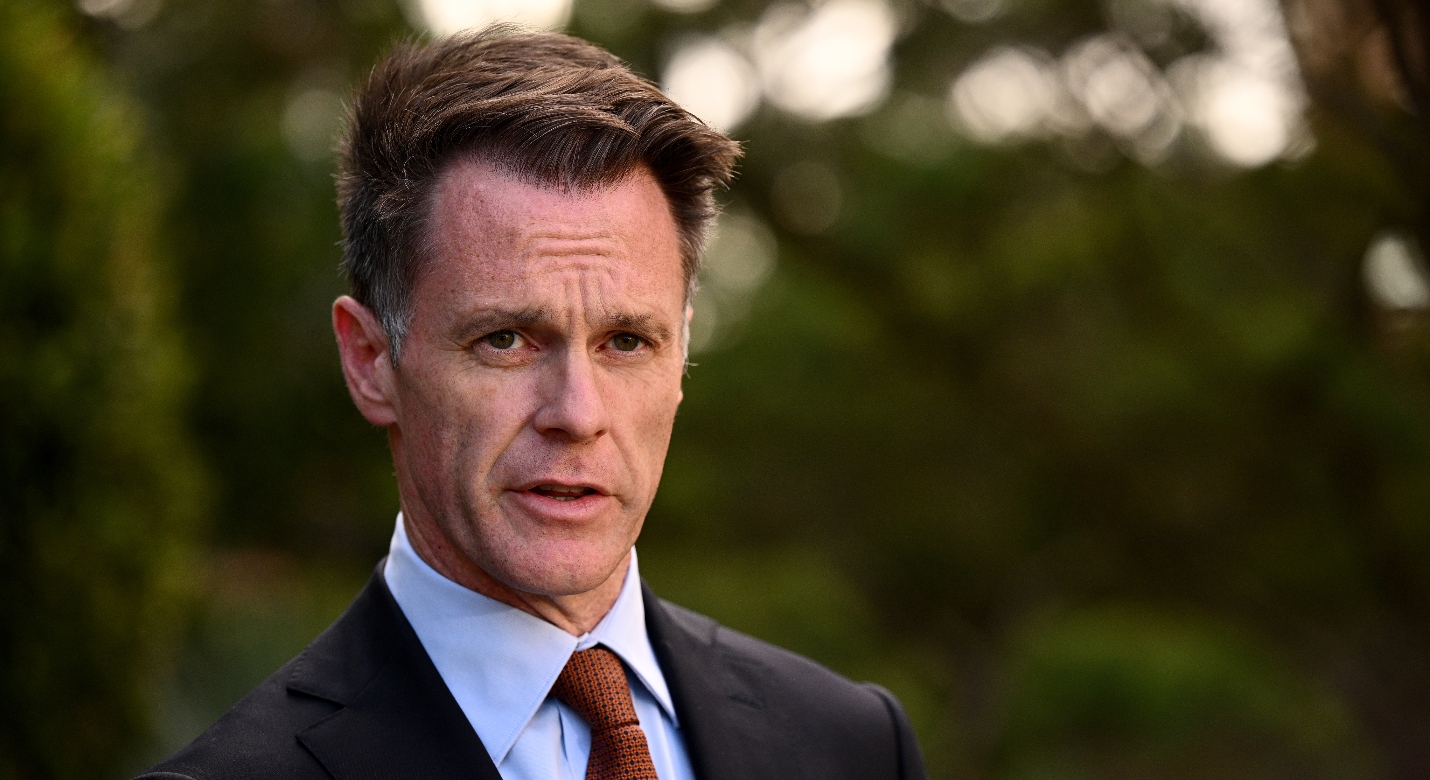
THE PRIVATE, THE PUBLIC, AND THE LINE IN BETWEEN
You know that old line, ‘whoever invokes Hitler first has lost the debate’?
Anthony C. Grayling may be the exception to that rule. He was one of a group of privacy advocates who fought – successfully – against the introduction of biometric identification cards in the UK, and, well, mentioning Hitler helped.
“I met with a minister at the time and I remember telling him, the biometric data security company is saying it can put all this data on a chip the size of a full stop,” he recalls.
“You would never need a plastic card. You could simply implant this chip under your skin; perhaps under your wrist. And I said to him: what’s the difference between that and a number burned on your arm?”
The minister, as you might imagine, wasn’t thrilled by the comparison.
“He said, what kind of people do you think we are? And I said, I’m sure you’re perfectly nice people, but I don’t know what the governments in five, or 10, or 20 years time, in different circumstances, will be like.
“That’s the thing about handing over personal data in that way. A simple identity card can become a loaded weapon.”
This is what the humanist academic and author thinks about when he thinks about privacy. It’s less about quoting John Stuart Mill, more about questioning the need for CCTV cameras in public places and for tabloid incursions into celebrities’ sex lives.
Asked whether we have given up our rights to privacy in exchange for security from government, he tips his hat to Benjamin Franklin: “Well if we have done that, we don’t deserve either.”
“The truth of the matter is governments can’t protect people 100%. They could lock us in our houses, and then I suppose there’s the danger of falling in the bath.”
“It’s not the business of the state or the police to consider all of us as suspects, to watch our every move. A free society is one in which we’re willing to take certain risks in exchange for a life worth living.”
He is less critical of journalists’ not inconsiderable incursions into the privacy of others. Even in the age of phone-hacking and the Kardashians, he errs on the side of allowing the media more freedom than less. Sunshine is the best disinfectant, and all that.
And you do get the impression, listening to him, that if Grayling were a modern-day tween, he would be that one sixth-grader who still hasn’t signed up for Facebook.
Even his personal diary – “I call it res gestae, which means ‘things done’” – isn’t privy to any sordid tales.
“It’s not the kind of diary you keep when you’re first madly in love at the age of 12 or 13 … If anyone read it they wouldn’t find out much,” he laughs.
17 April, 6.30pm. City Recital Hall, Martin Place. $20-25. www.swf.org.au









